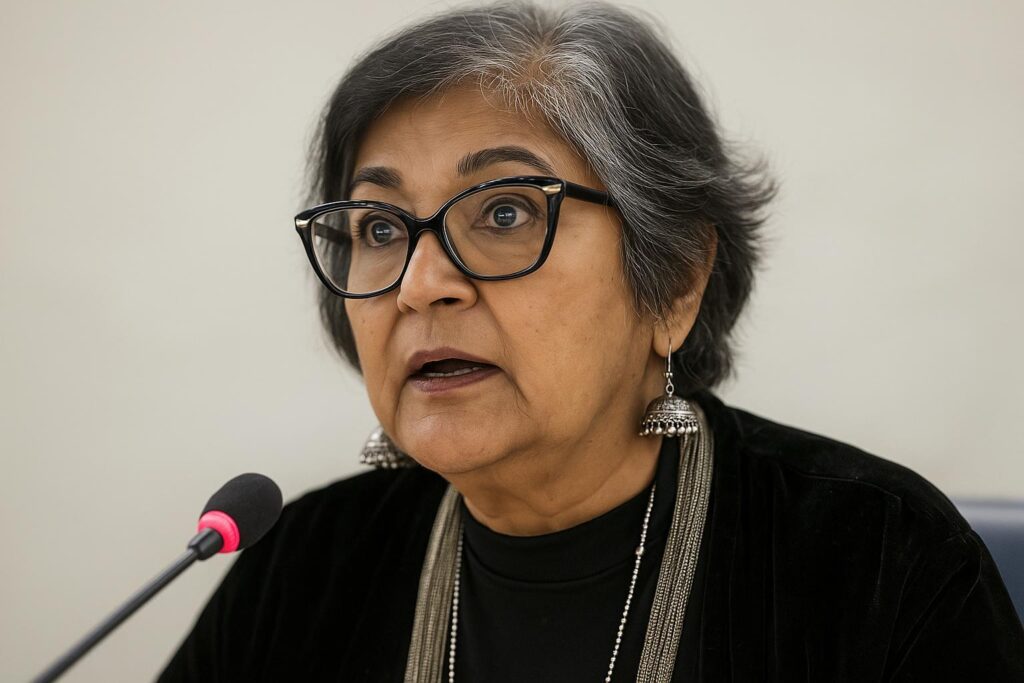UN investigators trace missing billions
The UN Commission on Human Rights in South Sudan unveiled a two-year probe in Nairobi, detailing what it calls an entrenched pattern of public-fund plunder.
Chair Yasmin Sooka stated that corruption has become the “engine” of the country’s decline, driving conflict and civilian suffering.
Oil revenue at the heart of the crisis
Since 2011, government oil income topped an estimated $25.2 billion, yet clinics, schools and food programs remain underfunded.
Commissioner Carlos Castresana Fernandez argued that budget diversions translate directly into preventable deaths and mass malnutrition, worsening one of the world’s deepest humanitarian emergencies.
Peace-deal reforms struggle to take root
The 2018 Revitalized Agreement promised tighter financial oversight, but the report notes patchy implementation and scarce funding for key audit bodies.
Commissioner Barney Afako warned that stalled reforms risk pushing the fragile accord “to a breaking point,” especially after recent charges against First Vice President Riek Machar.
Government rejects ‘hotel-room’ allegations
Information Minister Michael Makuei Lueth said Juba has not officially received the document, dismissing it as speculation drafted without consultation.
“We will examine the report once it reaches us,” he told local media, urging patience before drawing conclusions about the commission’s 54 recommendations.
Accountability and regional implications
Analysts note that renewed tensions could reverberate across East Africa, where South Sudanese oil exports and refugee flows remain significant.
The commission urges swift anti-graft measures, transparent budgeting and protection of civic space, arguing that only accountable governance can reverse the current humanitarian slide.


